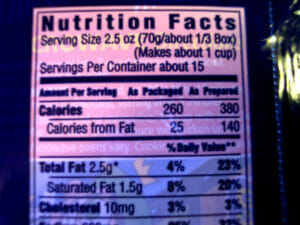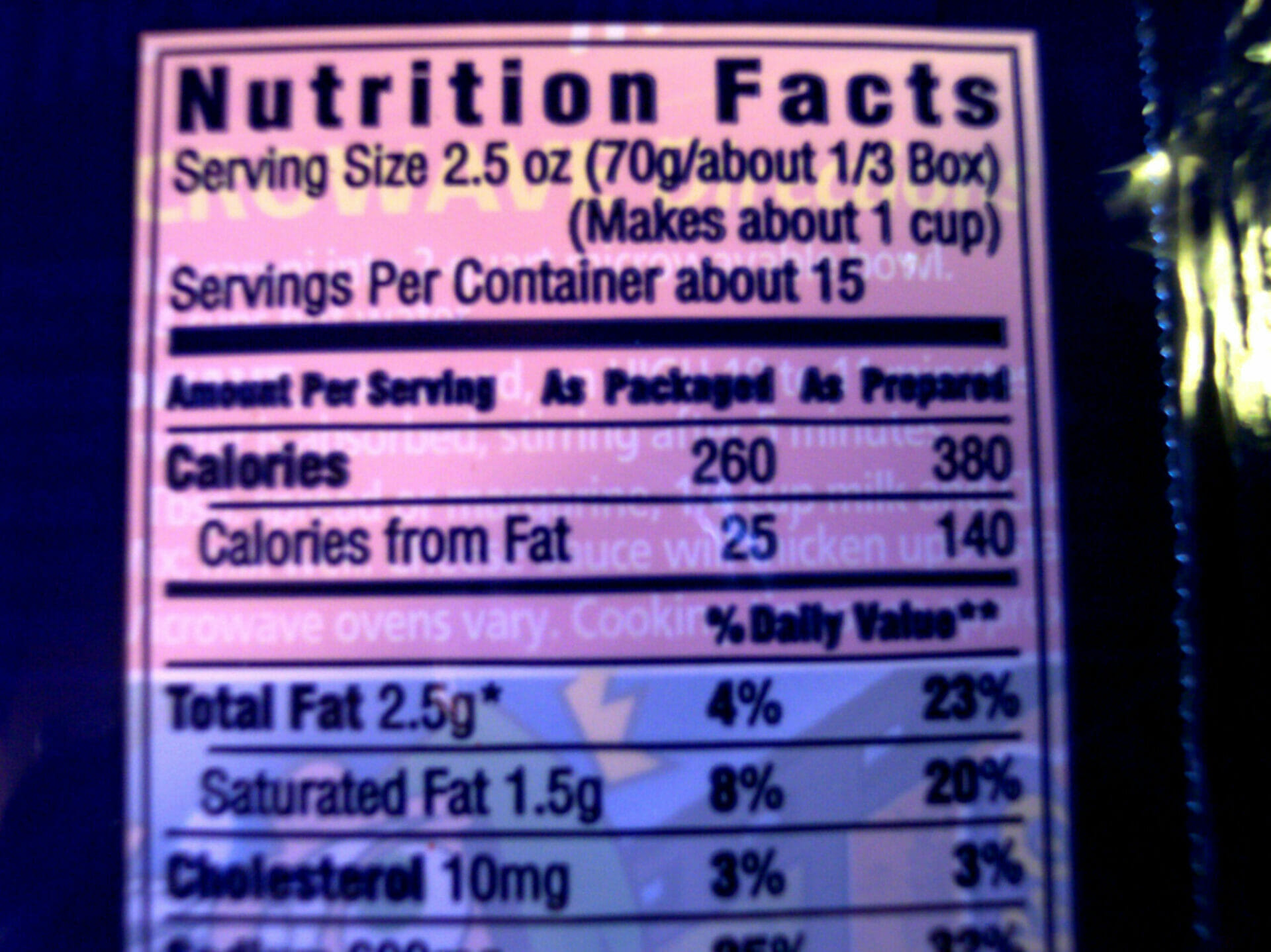 It’s time to stop being afraid of fat in our diet. Every five years, the US Departments of Agriculture (USDA) and Health and Human Services (HHS) convene a 15-member panel to update the nation’s dietary guidelines.
It’s time to stop being afraid of fat in our diet. Every five years, the US Departments of Agriculture (USDA) and Health and Human Services (HHS) convene a 15-member panel to update the nation’s dietary guidelines.
The panel’s mission is to identify foods and beverages that help you achieve and maintain a healthy weight, promote health, and prevent disease. In addition to guiding the public at large, the guidelines significantly influence nutrition policies such as school lunch programs and feeding programs for the elderly.
The Dietary Guidelines Advisory Committee (DGAC) scientific report is an integral part of this process, as it serves as the foundation for the development of the dietary guidelines.
The latest advisory report reverses nearly four decades of nutrition policy.
With regards to cholesterol, the panel concluded it “is not a nutrient of concern for overconsumption,” noting the absence of a link between dietary cholesterol and heart disease.
Similarly, the report recognizes that reducing total fat intake has no bearing on heart disease risk either. Nor does it reduce your risk of obesity. Instead, mounting research shows that sugar and refined grains are in fact the primary culprits.
Research has consistently demonstrated that low-fat diets do not prevent heart disease. On the contrary, the low-fat craze has undoubtedly done more harm than good, as your body needs healthy fat for optimal function.
The DGAC makes no firm distinction between healthy saturated fats and decidedly unhealthy trans fats.
Still, if the DGAC’s conclusions on total dietary fat consumption make it into the HHS and USDA’s final 2015 Dietary Guidelines for Americans, which will be published later this year, it will certainly be a positive step.





























